Recently, the U. S. Department of Health and Human Services issued a statement concerning website tracking services like Google Analytics and Meta Pixels and how they relate to HIPAA. While some of this information can be a little confusing, we’re here to help you understand what it means for your website tracking, and what we’re doing at Practis as it relates to protecting clients and the privacy of patients.
Known as individually identifiable health information (IIHI) under HIPAA, information must be handled with caution to prevent a potential privacy breach and HIPAA violation. HIPAA stipulates that regulated entities must not use tracking technologies in a way that could result in impermissible disclosures of protected health information (PHI) to tracking technology vendors or violate HIPAA Rules. This regulation has been in place since 1996, and the recent HIPAA notice addresses a specific violation by a particular entity…

Read more




